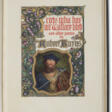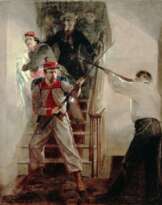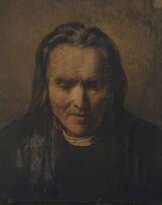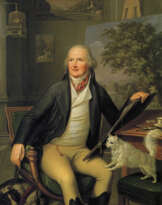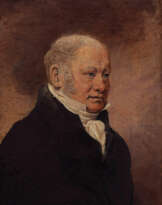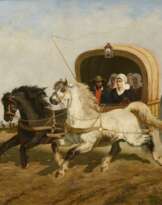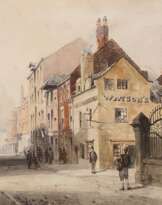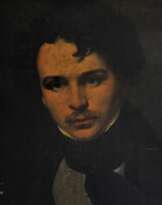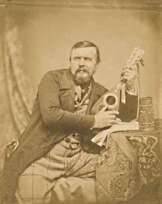Robert Burns (1759 - 1796)
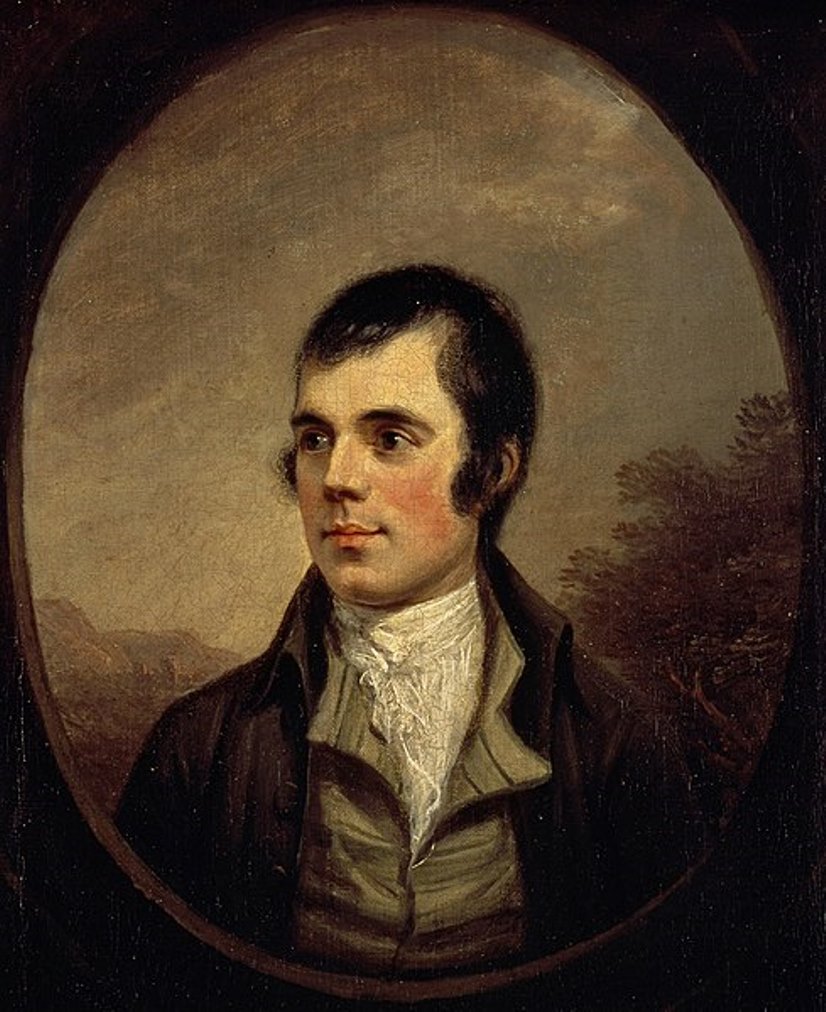
Robert Burns
Robert Burns (Gaelic: Raibeart Burns or Rabbie Burns) was a Scottish poet, folklorist, and bard.
The hard farm life of his father significantly influenced Robert's outlook. Education of the novice poet received a sketchy, reread all English writers, knew Latin and French. In time, he became an opponent of the social order of his time and a satirist of all forms of religious and political thought that lead to inhumanity.
Burns' first book, entitled Poems, mostly in the Scottish dialect, was published in 1786. It was well received by the public, and the elated author traveled to Edinburgh, where he met James Johnson, a keen collector of Scottish songs. Together they produced a book, The Scottish Musical Museum. This and a similar book, George Thomson's Selected Collection of Original Scottish Songs for Voice (1793-1818), contain the bulk of Burns' songs.
Robert Burns was torn between his farming background and the much higher status of many of the intellectuals with whom he socialized and corresponded closely. Although he obtained a position in the excise office, this did little to satisfy the ambitions of the somewhat naive poet.
Having gained a reputation as a writer of poems and songs in Scottish and English, Burns went on to collect and adapt Scottish folk songs and created one of his major works, Tam of Shanter (1791), a narrative poem based on a folk legend. Even today Burns is honored as Scotland's national poet and is considered a pioneer of the Romantic movement in England.
| Date and place of birt: | 25 january 1759, South Ayrshire, United Kingdom |
|---|---|
| Date and place of death: | 21 july 1796, Dumfries and Galloway, United Kingdom |
| Period of activity: | XVIII century |
| Specialization: | Poet, Writer |
| Genre: | Lyric poetry |
| Art style: | Romanticism |
